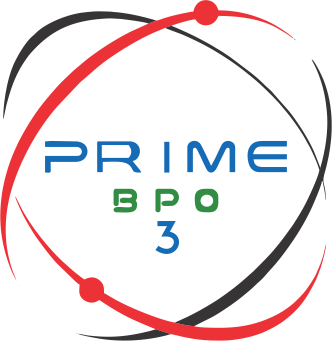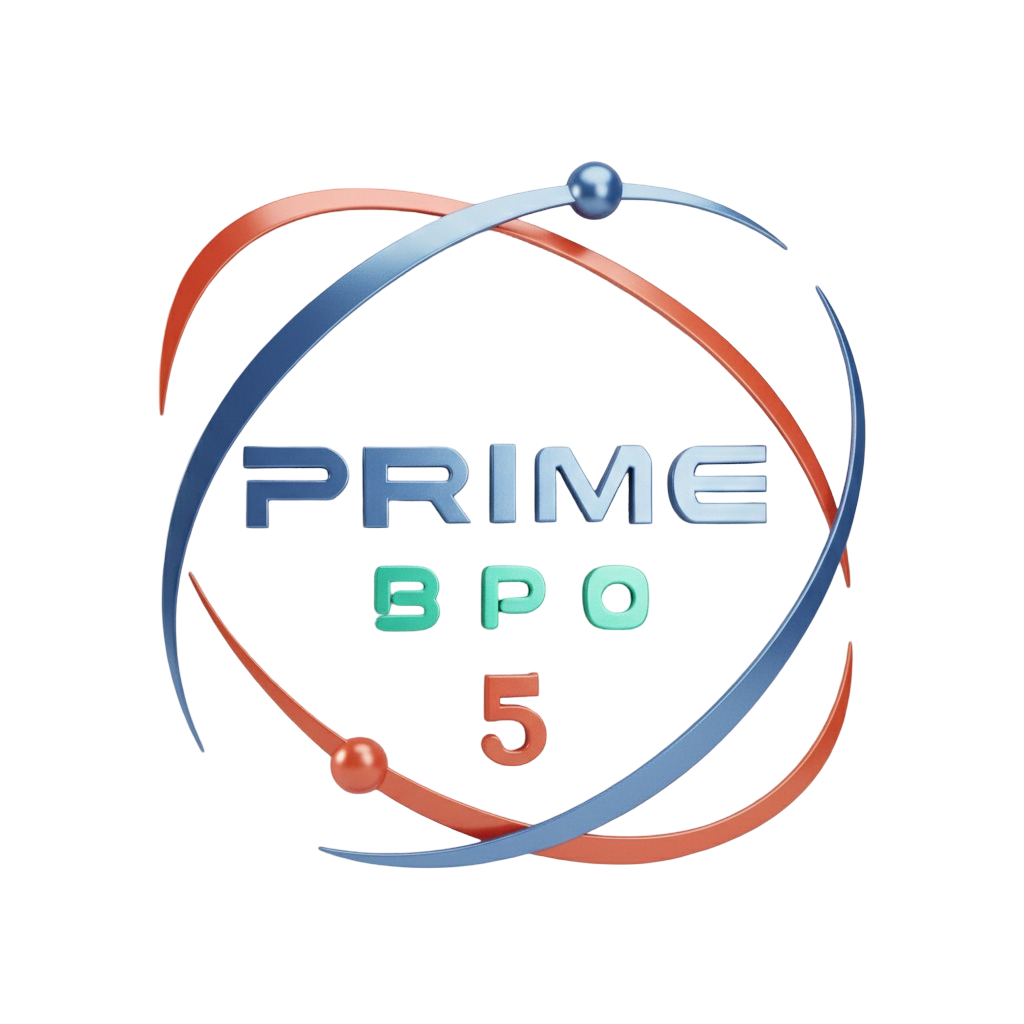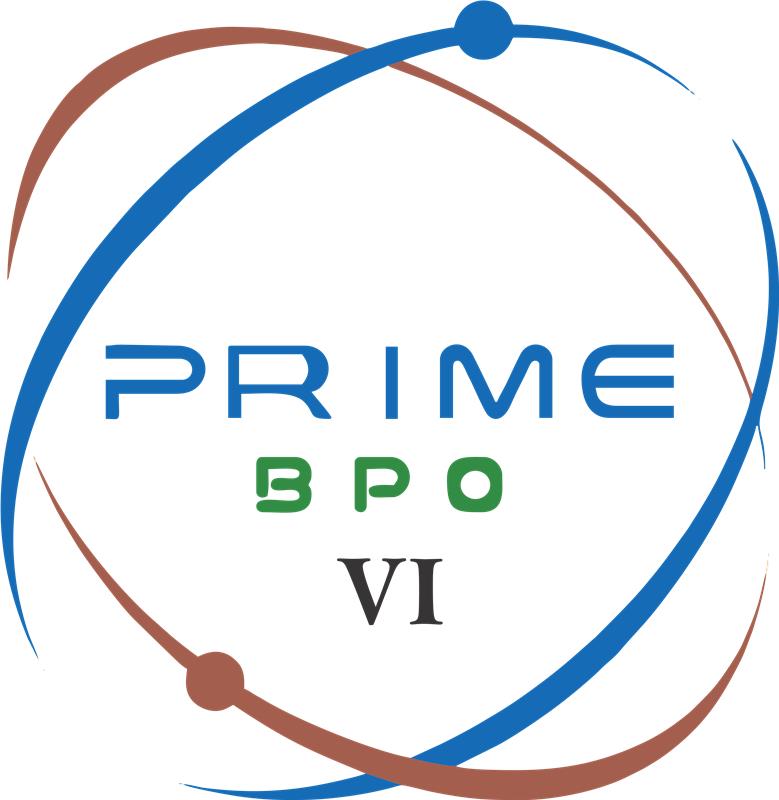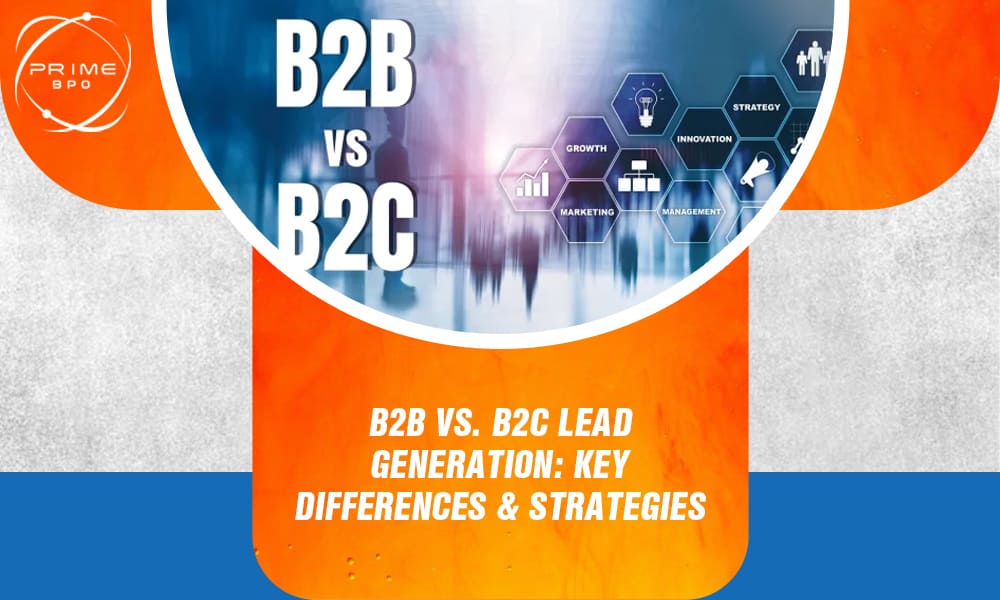Lead generation is a crucial aspect of any business, but the approach differs significantly between B2B (Business-to-Business) and B2C (Business-to-Consumer) models. While both aim to attract potential customers, the strategies, sales cycles, and decision-making processes vary. In this article, we will explore the key differences between B2B and B2C lead generation and provide effective strategies for both.
Understanding B2B and B2C Lead Generation
What is B2B Lead Generation?
B2B lead generation focuses on attracting businesses as clients. It involves identifying key decision-makers within organizations and nurturing relationships to drive sales. The process is often longer and more complex, requiring trust-building, in-depth research, and personalized communication.
B2B lead generation is essential for industries like software, manufacturing, healthcare, and professional services. These industries rely on detailed proposals, product demos, and long-term contracts, making lead nurturing a necessity.
What is B2C Lead Generation?
B2C lead generation targets individual consumers who make purchasing decisions for personal use. The process is typically faster, with a focus on emotional appeal, convenience, and impulse buying. Unlike B2B, where multiple stakeholders are involved, B2C leads often convert quickly with minimal touchpoints.
B2C businesses include e-commerce stores, restaurants, travel agencies, and direct-to-consumer brands. The focus is on attracting customers through persuasive marketing, branding, and promotional offers.
Key Differences Between B2B and B2C Lead Generation
|
Feature |
B2B Lead Generation |
B2C Lead Generation |
|
Target Audience |
Businesses, executives, and decision-makers |
Individual consumers |
|
Sales Cycle |
Longer, involves multiple stakeholders |
Shorter, quick purchase decisions |
|
Decision-Making Process |
Logical, data-driven, ROI-focused |
Emotional, need-based, brand perception |
|
Marketing Channels |
LinkedIn, email marketing, webinars, industry events |
Social media, paid ads, influencer marketing |
|
Content Type |
Whitepapers, case studies, industry reports |
Blog posts, product reviews, videos, testimonials |
|
Lead Nurturing |
Requires consistent follow-ups, relationship-building |
Instant engagement, quick conversions |
Effective B2B Lead Generation Strategies
1. LinkedIn Networking and Outreach
LinkedIn is a powerful platform for B2B marketing. By engaging with industry professionals, sharing thought leadership content, and using LinkedIn Sales Navigator, businesses can reach decision-makers and generate high-quality leads.
2. Email Marketing and Personalization
B2B email campaigns require tailored messaging that speaks to a prospect’s specific pain points. Automated workflows, personalized subject lines, and segmented lists help increase engagement and conversion rates.
3. Content Marketing and Thought Leadership
Publishing white papers, case studies, and industry reports builds credibility and attracts high-quality leads. Hosting webinars and speaking at industry events further boosts visibility.
4. SEO and Organic Lead Generation
Optimizing content for industry-specific keywords ensures that businesses find relevant solutions through search engines. Consistent blogging, educational content, and backlink building drive organic traffic.
5. Account-Based Marketing (ABM)
ABM focuses on targeting specific companies rather than broad audiences. Customizing marketing efforts for high-value prospects enhances conversion rates by addressing their exact needs.
6. Webinars and Virtual Events
Live webinars provide an interactive platform for showcasing products, answering questions, and generating leads. Follow-up email sequences help nurture attendees into paying customers.
7. Referral Programs and Partnerships
Building strategic partnerships with other businesses can lead to high-quality referrals. Creating a structured referral program encourages satisfied clients to introduce new leads.
Effective B2C Lead Generation Strategies
1. Social Media Marketing
Platforms like Facebook, Instagram, and TikTok help businesses engage with consumers through visually appealing content, contests, and interactive ads.
2. Influencer Marketing
Partnering with influencers in a relevant niche boosts credibility and attracts potential customers. Consumers trust recommendations from influencers they follow.
3. Paid Advertising and Retargeting
Google Ads, Facebook Ads, and retargeting campaigns help reach potential customers based on their interests, search behavior, and online activity. Retargeting helps re-engage website visitors who didn’t convert the first time.
4. Lead Magnets and Giveaways
Offering free resources like e-books, discount coupons, or free trials encourages consumers to share their contact details, facilitating lead generation.
5. Chatbots and AI-driven Engagement
AI-powered chatbots on websites and social media enhance customer engagement by providing instant responses and guiding prospects through the buying process.
6. Video Marketing and Live Streams
Video content, including product demonstrations, testimonials, and live Q&A sessions, helps build trust and engage audiences more effectively.
7. SMS and Email Campaigns
For B2C brands, SMS and email campaigns with limited-time offers and personalized recommendations encourage quick conversions.
Challenges in B2B and B2C Lead Generation
Challenges in B2B Lead Generation:
- Longer Sales Cycles: Requires nurturing leads over months or even years before conversion.
- Multiple Decision-Makers: Need to address different concerns of stakeholders in an organization.
- High Competition: Many businesses target the same prospects, making differentiation essential.
- Trust-Building: Requires case studies, testimonials, and in-depth consultations to establish credibility.
Challenges in B2C Lead Generation:
- Short Attention Spans: Customers need instant engagement or they move on.
- High Customer Acquisition Costs: Paid advertising and influencer marketing can be expensive.
- Seasonal Demand: Consumer behavior changes based on trends, holidays, and economic factors.
- Brand Loyalty: Customers often switch between brands based on price and convenience.
Which Lead Generation Strategy is Right for You?
The best lead generation strategy depends on your target audience and business goals. B2B lead generation requires a long-term, relationship-driven approach, while B2C focuses on quick conversions and emotional engagement.
Hybrid Approach: B2B2C Lead Generation
Some businesses operate in both B2B and B2C spaces. For example, software companies may sell directly to businesses but also offer consumer subscriptions. In such cases, a hybrid strategy that blends long-term relationship building with mass consumer engagement is necessary.
Frequently Asked Questions (FAQs)
1. What is the main difference between B2B and B2C lead generation?
B2B lead generation targets businesses and involves a longer sales cycle with multiple decision-makers. B2C lead generation focuses on individual consumers and emphasizes quick conversions and emotional engagement.
2. Which marketing channels work best for B2B lead generation?
LinkedIn, email marketing, webinars, SEO, and account-based marketing (ABM) are highly effective for B2B lead generation as they help build relationships with decision-makers.
3. How can businesses improve their B2C lead generation efforts?
Businesses can enhance B2C lead generation by leveraging social media, influencer marketing, paid ads, lead magnets, and interactive content like videos and live streams.
4. Is lead nurturing more important in B2B or B2C marketing?
Lead nurturing is more critical in B2B marketing due to the longer sales cycle and the need to build trust with multiple stakeholders before a purchasing decision is made.
5. Can a business use both B2B and B2C lead generation strategies?
Yes, businesses operating in both sectors, such as SaaS companies or financial services, can use a hybrid approach to cater to both business clients and individual consumers.
Conclusion
Both B2B and B2C lead generation have their unique challenges and strategies. Understanding your audience, leveraging the right channels, and optimizing your approach can significantly improve lead conversion rates. By implementing the right tactics, businesses can generate high-quality leads and drive sustainable growth.
If you want to succeed in lead generation, it’s essential to test different strategies, analyze results, and continuously refine your approach to stay ahead of the competition.
Get Free Quotes
Customized Options Await






